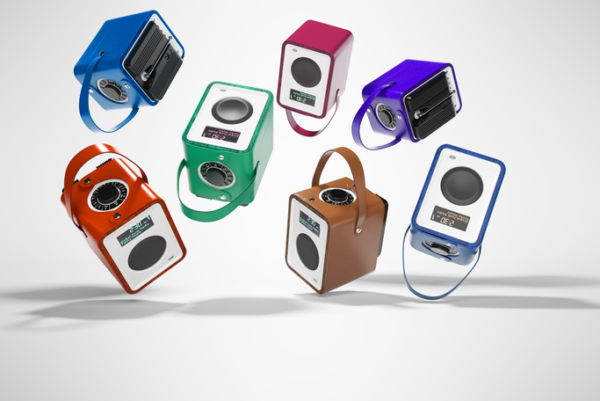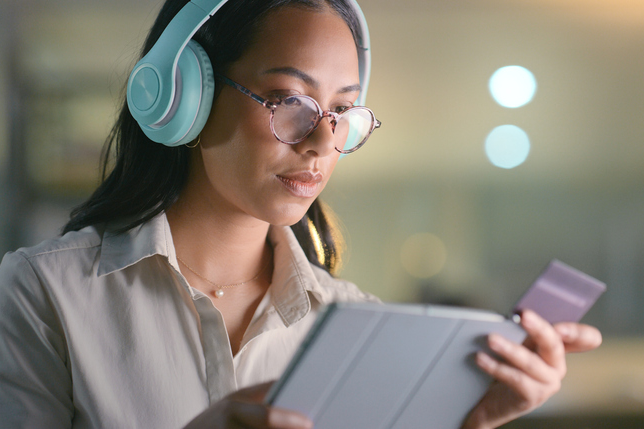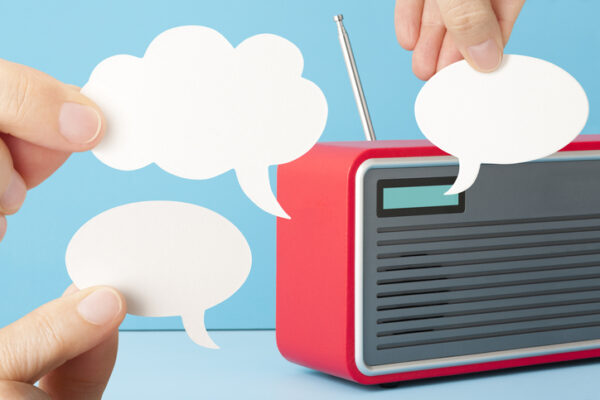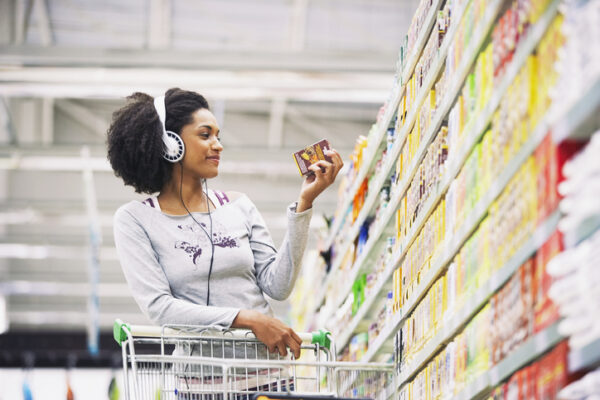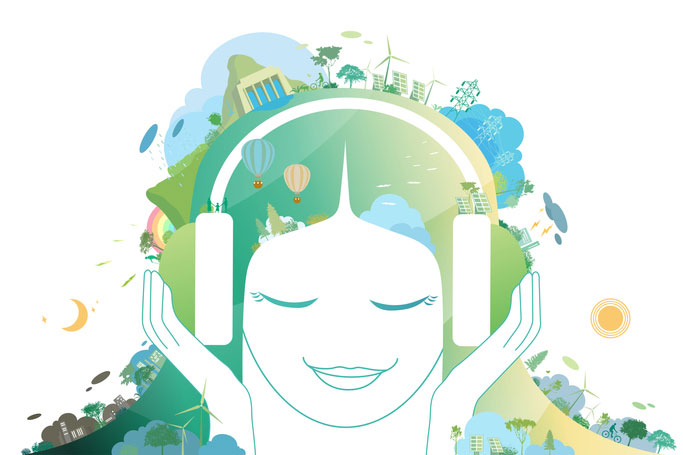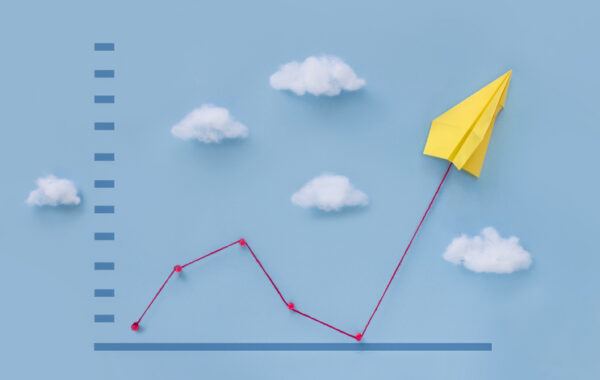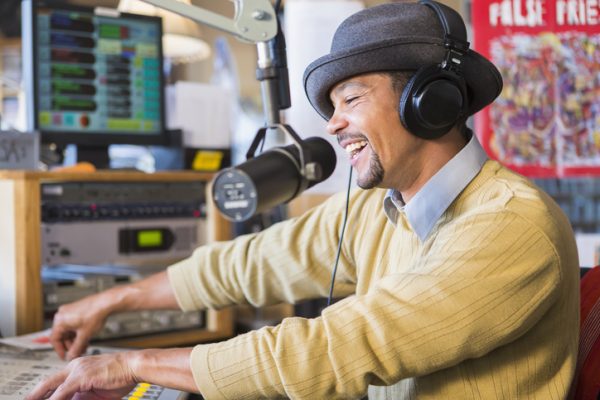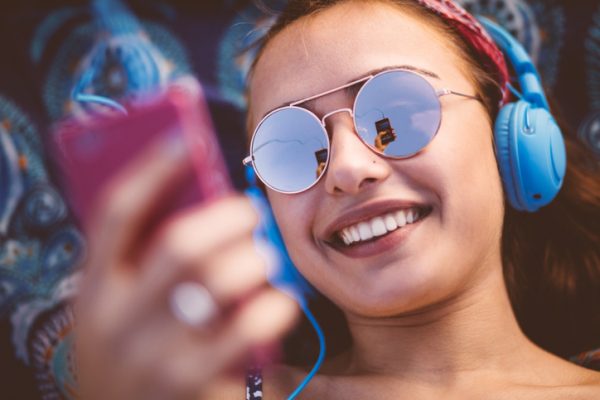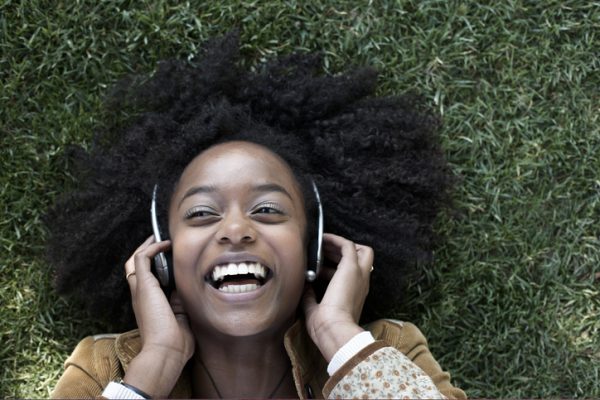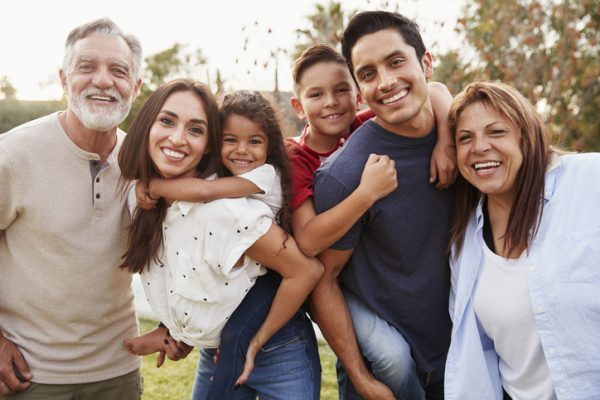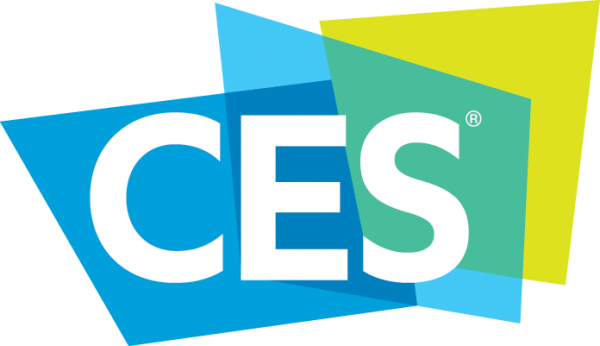Author: Tammy Greenberg, SVP/Business Development, RAB
Supporting and connecting with local communities can pay dividends for brands, studies show
The phrase “Think globally, act locally” was popularized by the environmental conservation movement in the 1970s, but it holds relevancy today for marketers looking to drive brand growth. Regardless of the size and scope of a brand, the ultimate point of purchase and consumption is often within a local community.
In a recent CMO Council report based on a survey of more than 140 marketing leaders in B2C and B2B brands, a third of respondents say 40 percent or more of their company’s revenue comes from local business partners. Yet, the report says, less than 30 percent of small businesses have fully recovered from the pandemic. The report underscores national brands’ responsibility to drive local demand to grow revenue and aid the performance of local partners.
Supporting local economies and resonating with people in local communities (i.e., keeping them informed, entertained, and connected) is a fitting definition for radio. As CMOs face pressure to reach profitable goals and are often expected to do more with less, radio can help brands drive local demand and sustainable growth in neighborhoods coast to coast.
The Local Connection
Eighty-nine percent of radio listeners believe that one of radio’s primary advantages is its local feel, and appreciation for local content among listeners is on the rise, up 33 percent over the past five years, according to the 2023 Jacobs Media Techsurvey. Couple that with Horizon Media’s finding that 72 percent of adults appreciate brands that try to get to know their local culture and community and using radio becomes an obvious path for brand marketers to drive local engagement and action.
According to a recent Katz Radio Group survey, localizing radio messaging leads to increased attention and impact among listeners. The study tested generic and localized versions of audio advertising for a retailer, insurance brand, and healthcare provider in different geographical areas. The study found that while every ad improved purchase intent, ads that incorporated local elements averaged a 24 percent lift in effectiveness.
The same is true for contextual messaging. When there is synergy between an audio ad and the content, the better the outcome up and down the purchase funnel. Reaching people at the exact right moment and place with relevance and with local nuances can move KPIs.
Arguably, part of the effectiveness of local radio can be attributed to the bond shared between radio’s local on-air influencers and their listeners. “Imagine picking up the phone and calling a friend and chatting twice a month for a few years,” Damon Amendolara, host of The DA Show for CBS Sports Radio, told Barrett Sports Media in a recent interview. “With how much we text today and how infrequent we all actually call one another, a caller to a radio show may actually have a closer bond to you than some of your friends or family. Hearing that person’s voice regularly creates a deep connection.” Brands can leverage these connections in authentic ways for more effective campaigns.
Getting Involved
Community engagement and experiential marketing can build strong connections and foster a positive brand image. Arguably, radio pioneered experiential marketing to mass audiences through live, in-market events that provide entertainment and information to local communities. And now that live, in-person events are back following the height of the COVID-19 pandemic, brands can leverage the immersive experience of radio-hosted events such as music festivals, fundraisers, and block parties to build relationships, boost demand for local products and services, and, ultimately, drive growth for their local business partners.
Indeed, when brands make the most of what radio offers, the results can exceed expectations. In 2022, Nissan, in collaboration with iHeartMedia, the Black Effect Podcast Network, and popular on-air host and podcaster Charlamagne Tha God, developed a campaign to invite students from historically Black colleges and universities (HBCUs) to sign up for a groundbreaking mentorship event focused on professions in science, technology, engineering, arts, and mathematics (STEAM). The vast majority of HBCU scholars who participated in The Black Effect Podcast Network’s Thrill of Possibility Summit indicated the event met or exceeded their expectations and provided an unforgettable learning experience.
Lanae Jackson, senior manager of multicultural marketing strategy at Nissan, speaking at the 2023 ANA Advancements in Measurement Conference, said the campaign “performed better than they ever could have imagined.” The combination of efforts to promote the Nissan-sponsored event leveraged iHeartMedia and Charlamagne Tha God’s platforms, including broadcast radio, digital and social media, and podcasts, to not only drive massive lift for the auto brand, which saw a 73 percent increase in upper funnel metrics, including unaided awareness, but also worked to solidify the brand’s commitment to increase Black representation in STEAM-related careers.
Local Reach, Global Outcomes
The concept of thinking globally and acting locally brings together a brands’ global aspiration with relatable local value.
As consumers continue to seek out local businesses and prefer brands that understand the nuances of their community, brands that drive resonance within these communities and at national scale through the power of their local and national radio partners will undoubtedly achieve sustainable growth.




